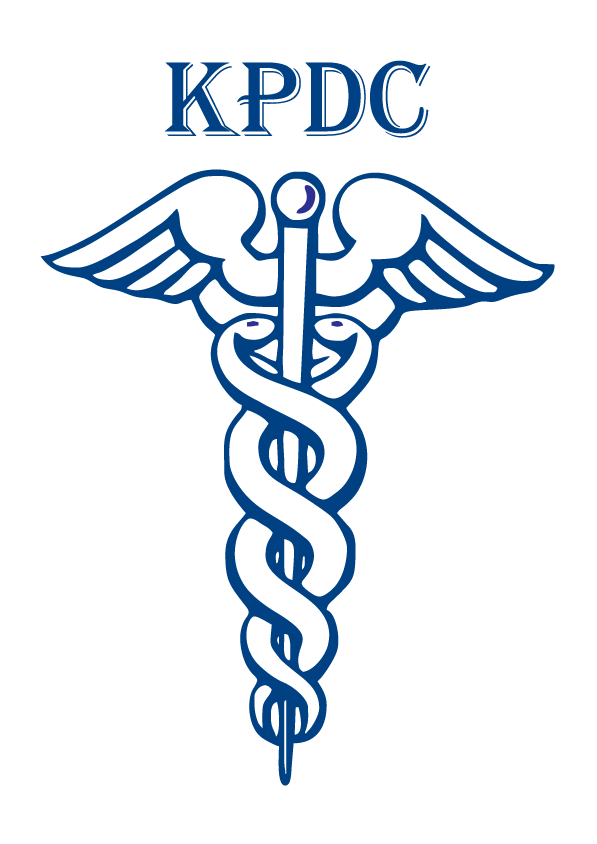Childhood Disorders
It seems there might be some confusion in your question. Autism Spectrum Disorder (ASD) and Learning Disorders are two distinct childhood disorders. Let me clarify each of them:
Autism Spectrum Disorder (ASD):
- Description: ASD is a complex neurodevelopmental disorder that affects social interaction, communication, behavior, and sensory processing. It is often diagnosed in early childhood, and symptoms can range from mild to severe.
- Symptoms: Common symptoms of ASD include difficulty with social interaction, challenges in communication (both verbal and non-verbal), repetitive behaviors, restricted interests, and sensory sensitivities.
- Diagnosis: Diagnosis is typically made based on observed behaviors and developmental history, often by a team of professionals, including psychologists and pediatricians.
- Treatment: Early intervention and various therapies, such as Applied Behavior Analysis (ABA), speech therapy, and occupational therapy, can be beneficial for children with ASD. Individualized education plans (IEPs) can help children succeed in school.


